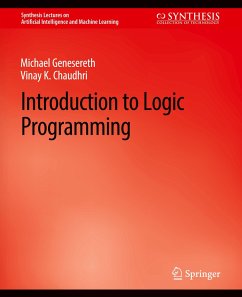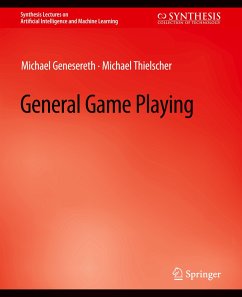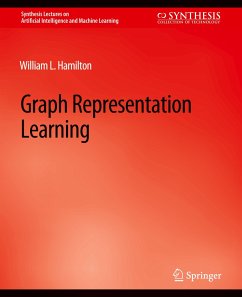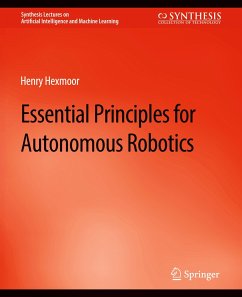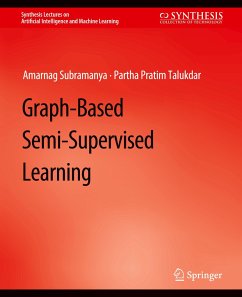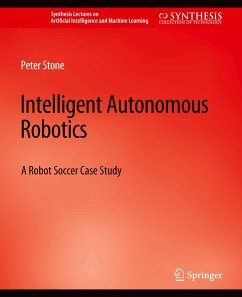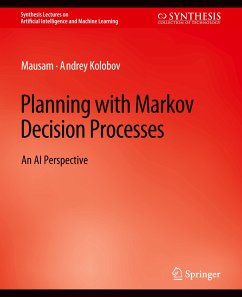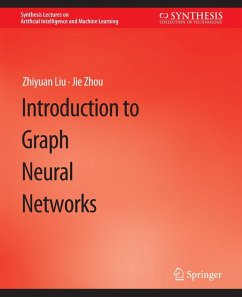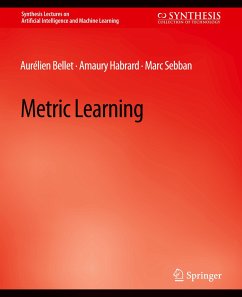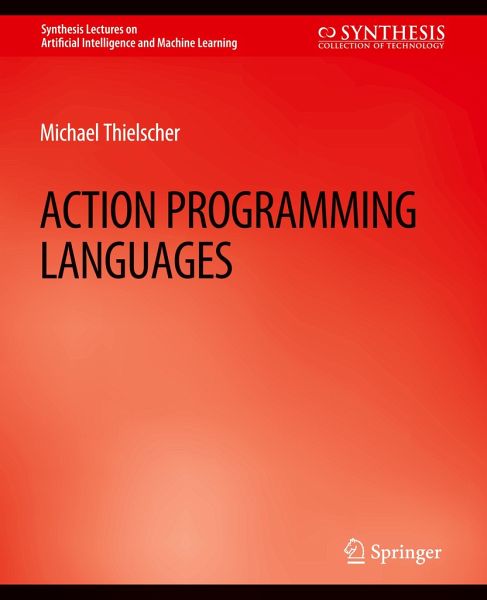
Action Programming Languages

PAYBACK Punkte
0 °P sammeln!
Artificial systems that think and behave intelligently are one of the most exciting and challenging goals of Artificial Intelligence. Action Programming is the art and science of devising high-level control strategies for autonomous systems which employ a mental model of their environment and which reason about their actions as a means to achieve their goals. Applications of this programming paradigm include autonomous software agents, mobile robots with high-level reasoning capabilities, and General Game Playing. These lecture notes give an in-depth introduction to the current state-of-the-ar...
Artificial systems that think and behave intelligently are one of the most exciting and challenging goals of Artificial Intelligence. Action Programming is the art and science of devising high-level control strategies for autonomous systems which employ a mental model of their environment and which reason about their actions as a means to achieve their goals. Applications of this programming paradigm include autonomous software agents, mobile robots with high-level reasoning capabilities, and General Game Playing. These lecture notes give an in-depth introduction to the current state-of-the-art in action programming. The main topics are knowledge representation for actions, procedural action programming, planning, agent logic programs, and reactive, behavior-based agents. The only prerequisite for understanding the material in these lecture notes is some general programming experience and basic knowledge of classical first-order logic. Table of Contents: Introduction / Mathematical Preliminaries / Procedural Action Programs / Action Programs and Planning / Declarative Action Programs / Reactive Action Programs / Suggested Further Reading





